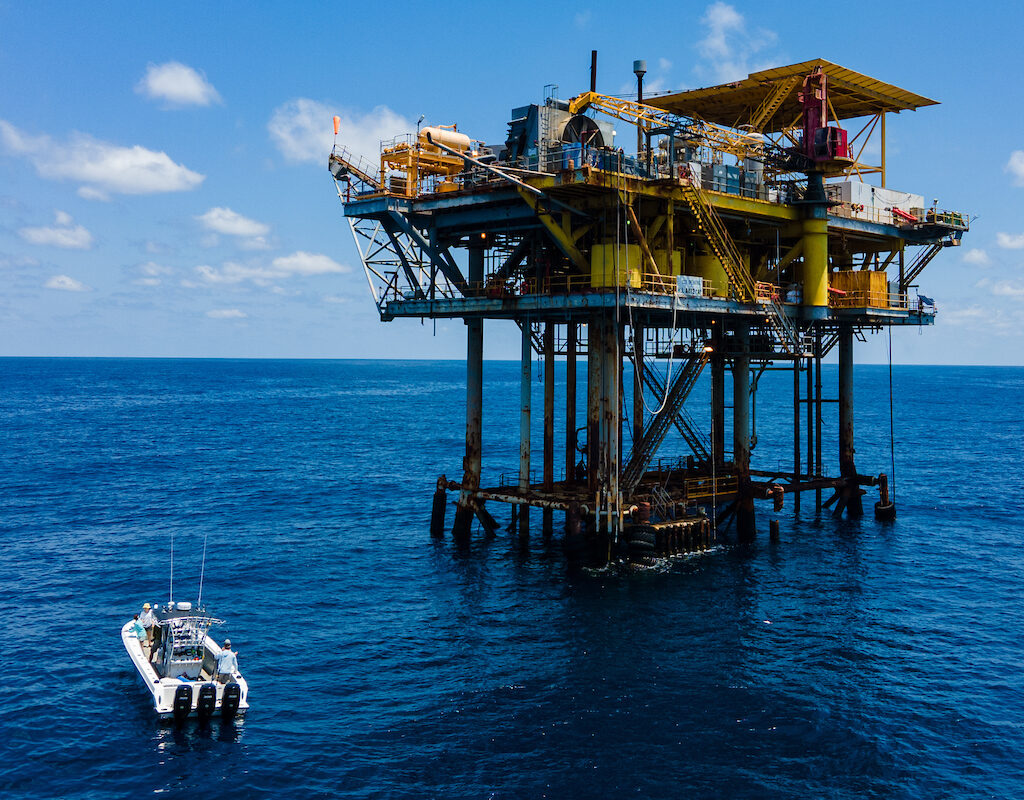Texas Sea Grant College Program
- Type
- Program

Overview
Contact
4115 TAMU
306C O&M Building
College Station, TX 77843
Mon-Fri 8:00 a.m. – 5:00 p.m.
The Sea Grant College Program was created and funded by the National Oceanic and Atmospheric Administration (NOAA) under the National Sea Grant Program Act of 1966. It is modeled after the successful Land Grant College System of research, teaching, and extension designed to link academic and research programs to societal needs.
This achievement was a milestone for our nation, and the communities that depend on coastal and marine resources for their livelihoods. Texas A&M University, one of the first Sea Grant institutions, is the headquarters for Texas Sea Grant created to harness the intellectual capacity of Texas universities to solve societal problems impacting our coastal and marine resources. Through education, outreach, engagement, and research Texas Sea Grant has amassed 50 years of science and stewardship impacts and accomplishments.
The mission of Texas Sea Grant is to improve the understanding, wise use and stewardship of the state’s coastal and marine resources. To achieve this mission, Texas Sea Grant directs its education programs, applied research, and outreach to benefit the citizens, businesses and communities of Texas – from providing grants and scholarships that benefit students and workforce development, to funding Texas’ innovative researchers to solve real-world coastal issues, to deploying boots-on-the-ground extension staff to assist small businesses be more competitive in a global marketplace and coastal communities to grow sustainably and build resilience to impacts from coastal hazards.
Today, the Texas Sea Grant College Program is part of a national network of 34 Sea Grant programs in coastal and Great Lake states. The network, in partnership with the states, helps connect research conducted at Sea Grant institutions with the public. Sea Grant is NOAA’s primary university-based program, dedicated to helping citizens utilize scientific information to support a vibrant economy while ensuring ecological sustainability.
More choices in Environment & Natural Resources
- Course
This course, designed for both landowners and lessees, addresses the legal and economic issues surrounding grazing, hunting and livestock leases. Topics addressed include average cash lease rates, common payment structures, legal issues, and key terms to be included in lease agreements.
- Course
The Texas Watershed Steward (TWS) online program is a statewide educational program designed to improve the quality of Texas’ water resources by educating and informing local stakeholders about their watershed, potential impairments, and steps that can be taken to help improve and protect water quality in their watershed.
- Course
This course aims to help beef cattle producers protect Texas waterways from contamination that is linked with the production of livestock. These contaminations may also pose a health risk to Texas citizens.
- Publication
This publication will help you to prevent the grow of Golden Alga in your pond by teaching you the facts!
- Course
This four-course aquatic vegetation series provides landowners and pesticide applicators biological information for submerged, algae, floating, and emergent species of problematic aquatic plants found in Texas.
- Course
This course will inform participants about riparian and watershed processes, the benefits that healthy riparian areas provide, and the tools that prevent and/or resolve degradation and improve water quality.
